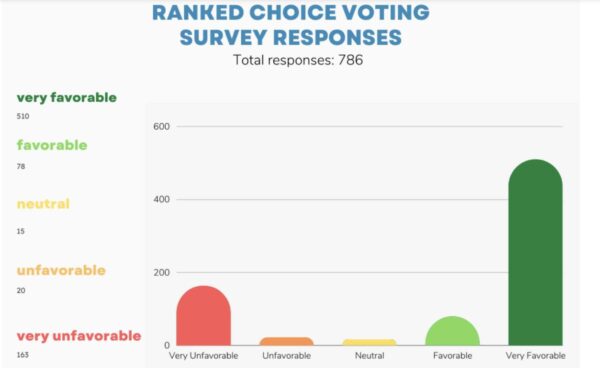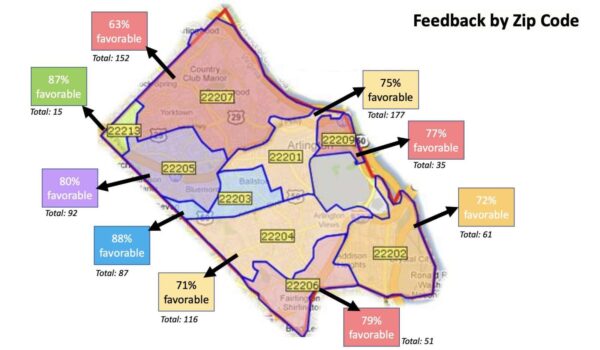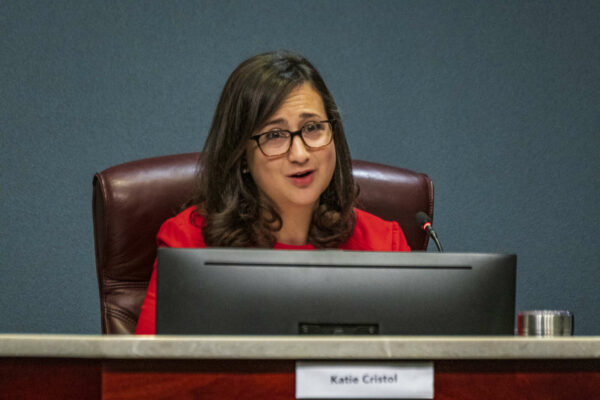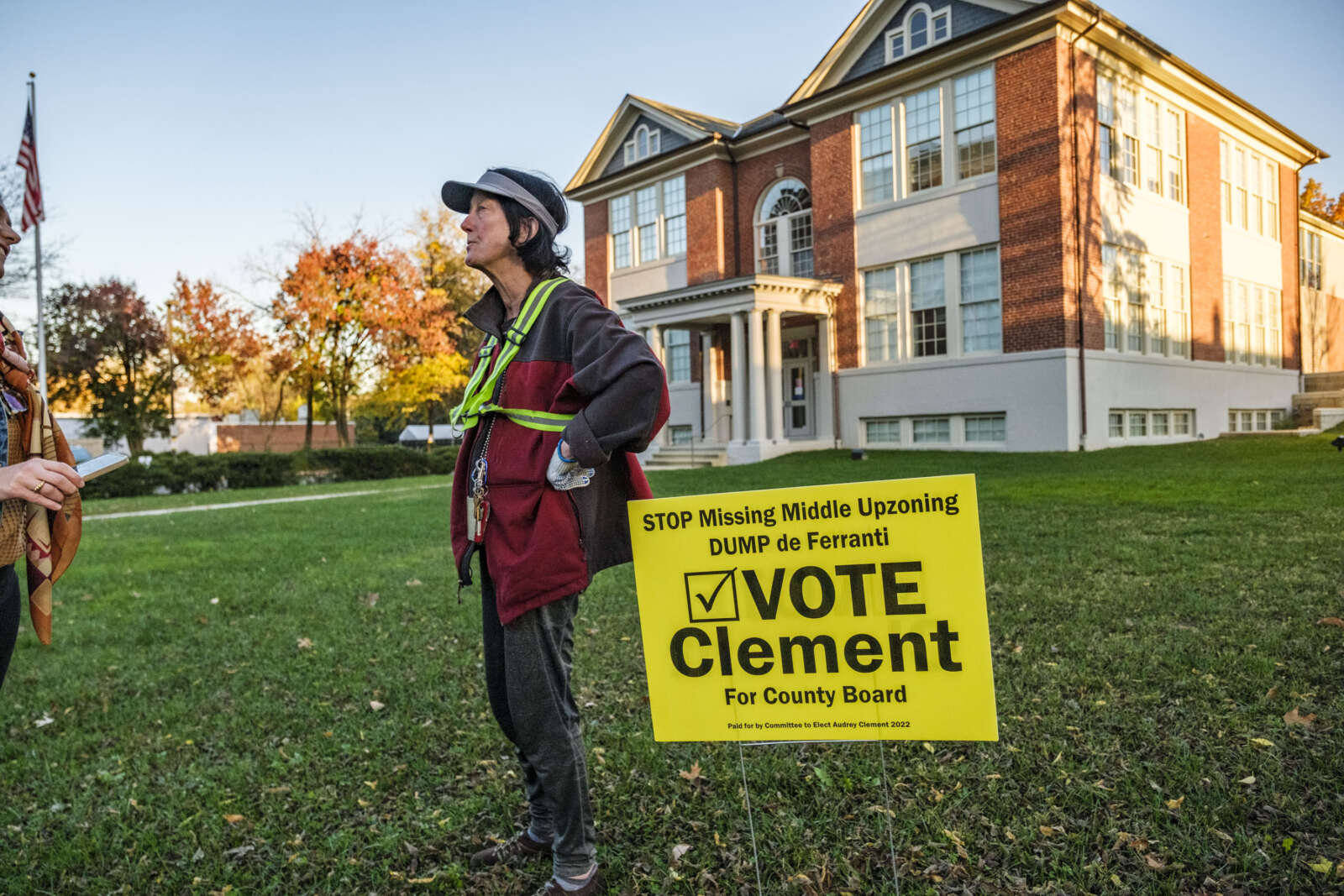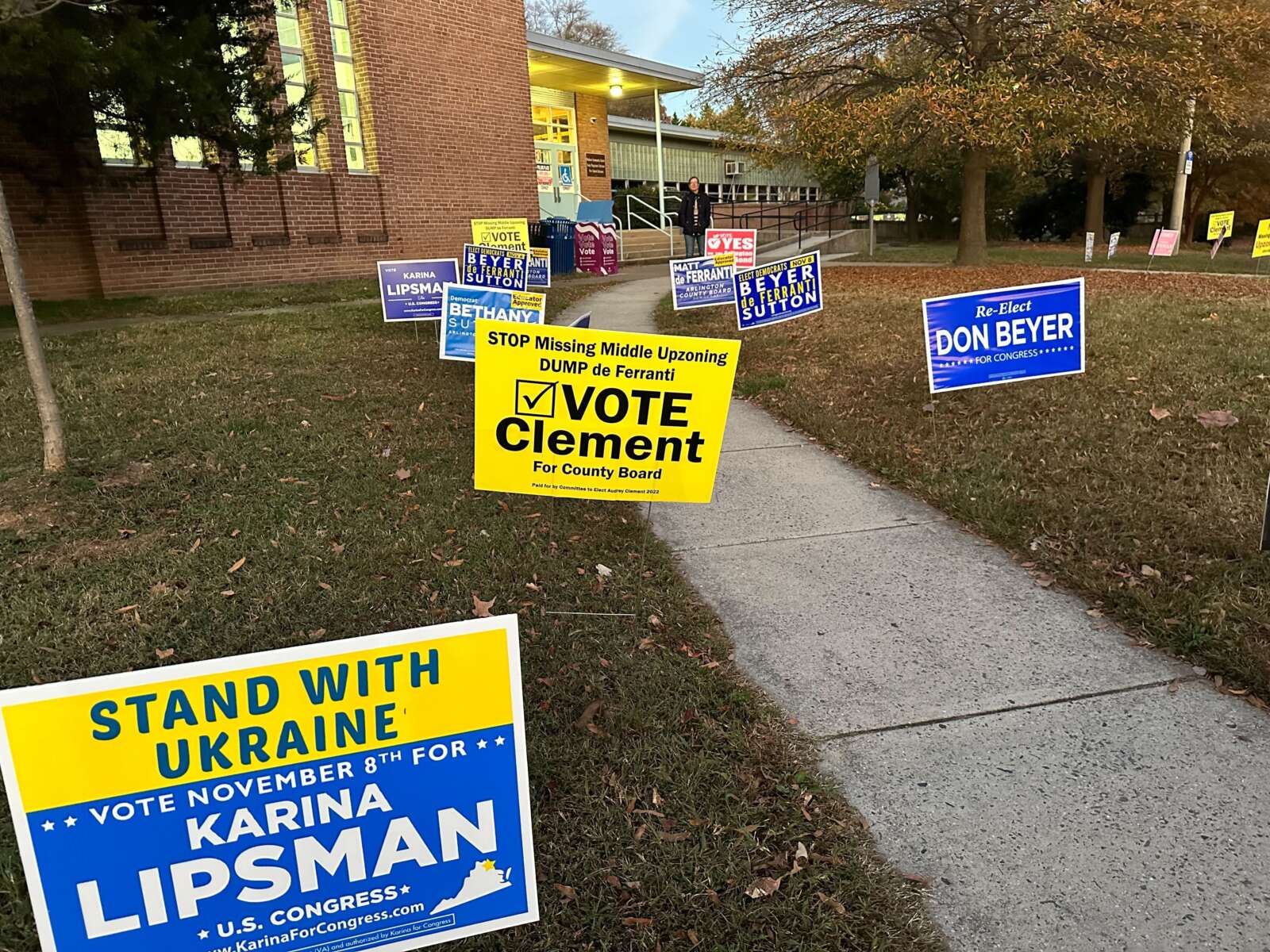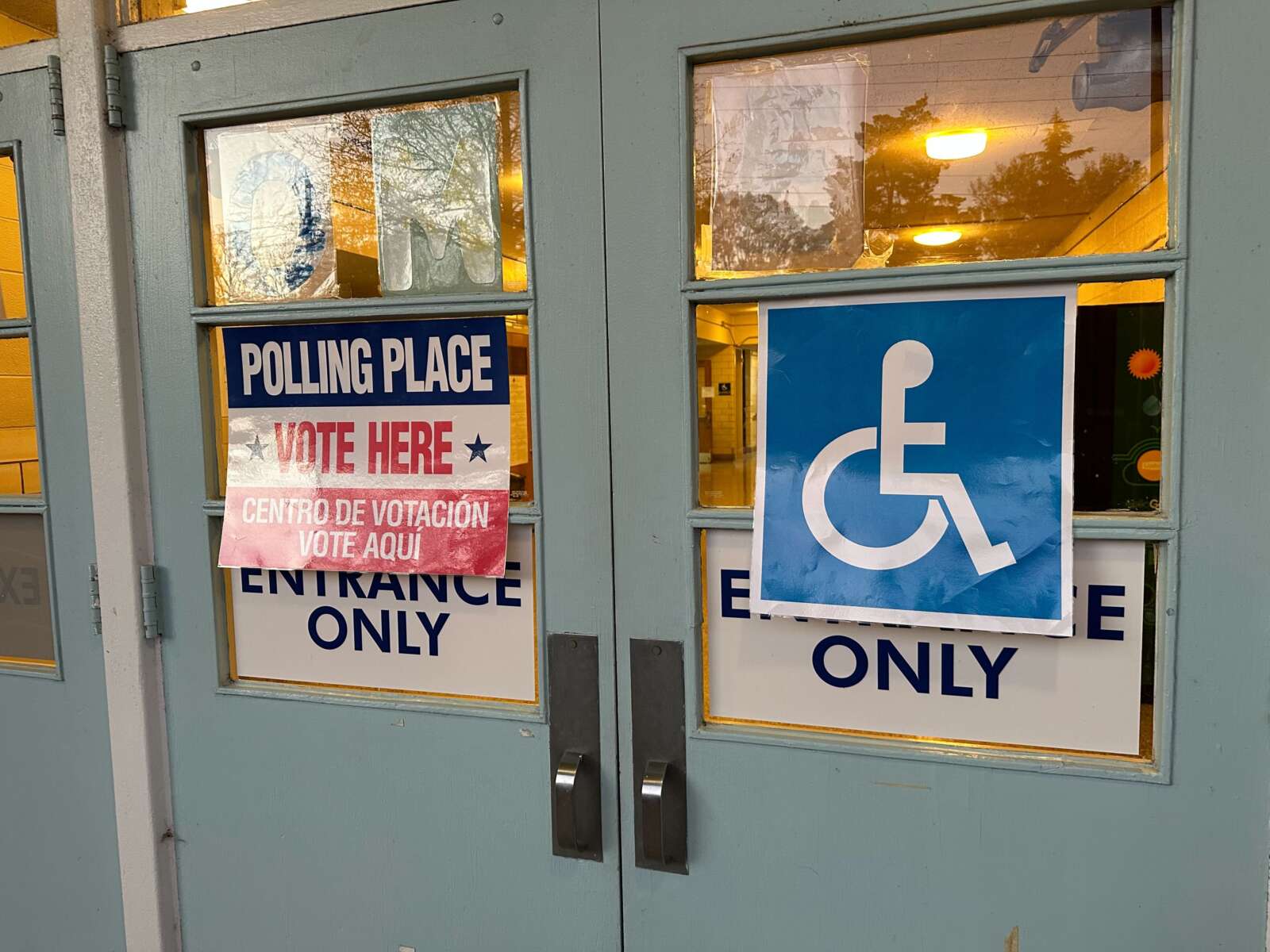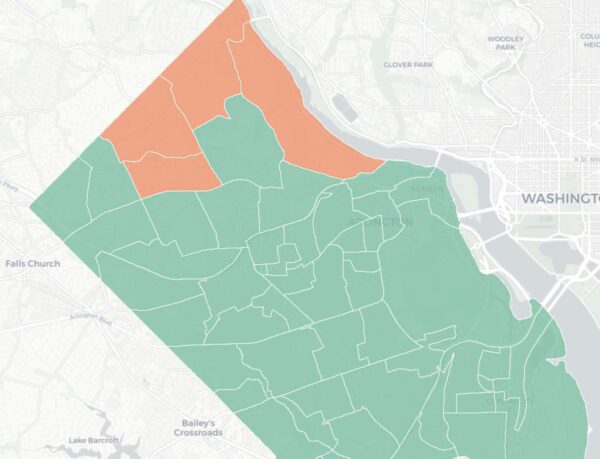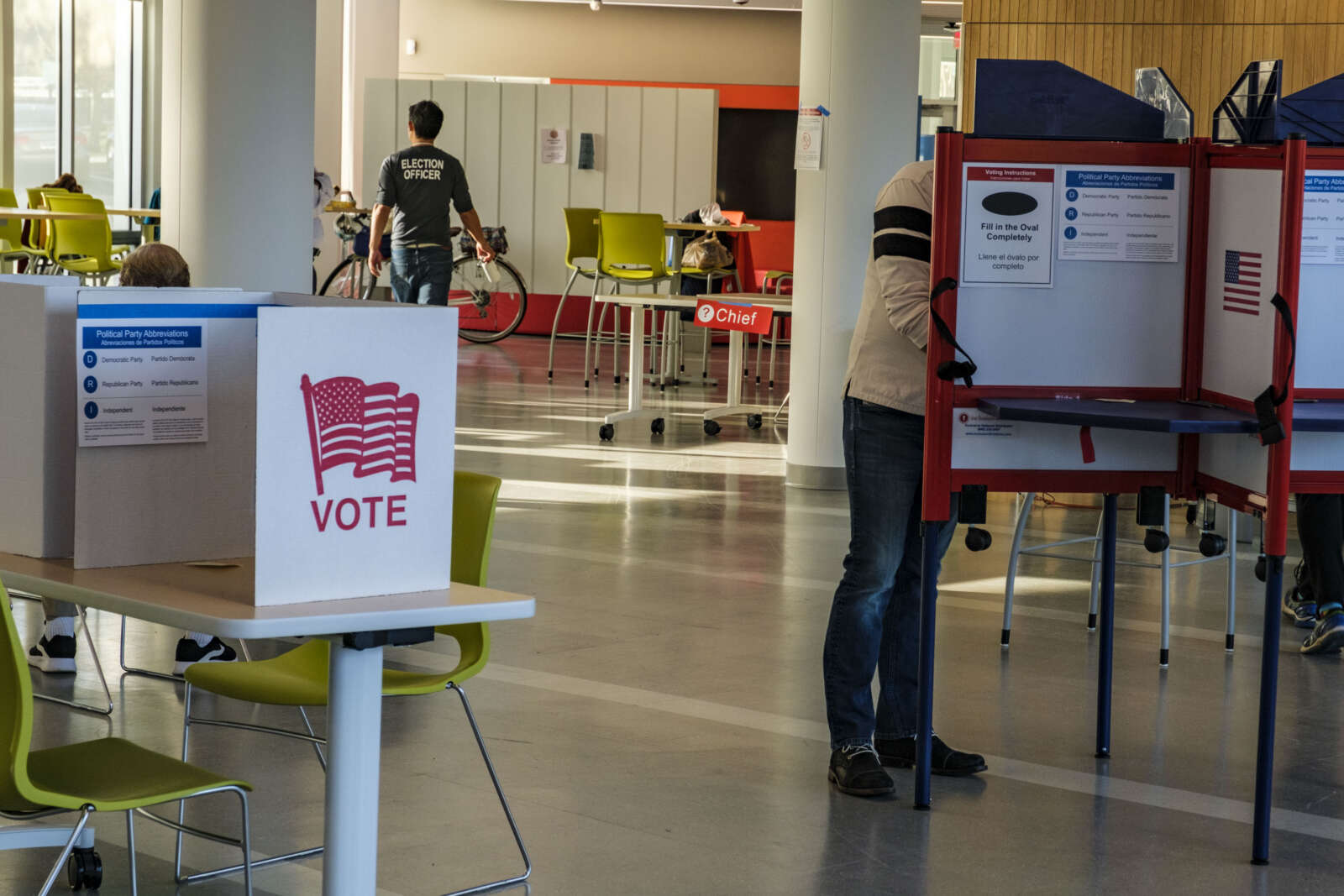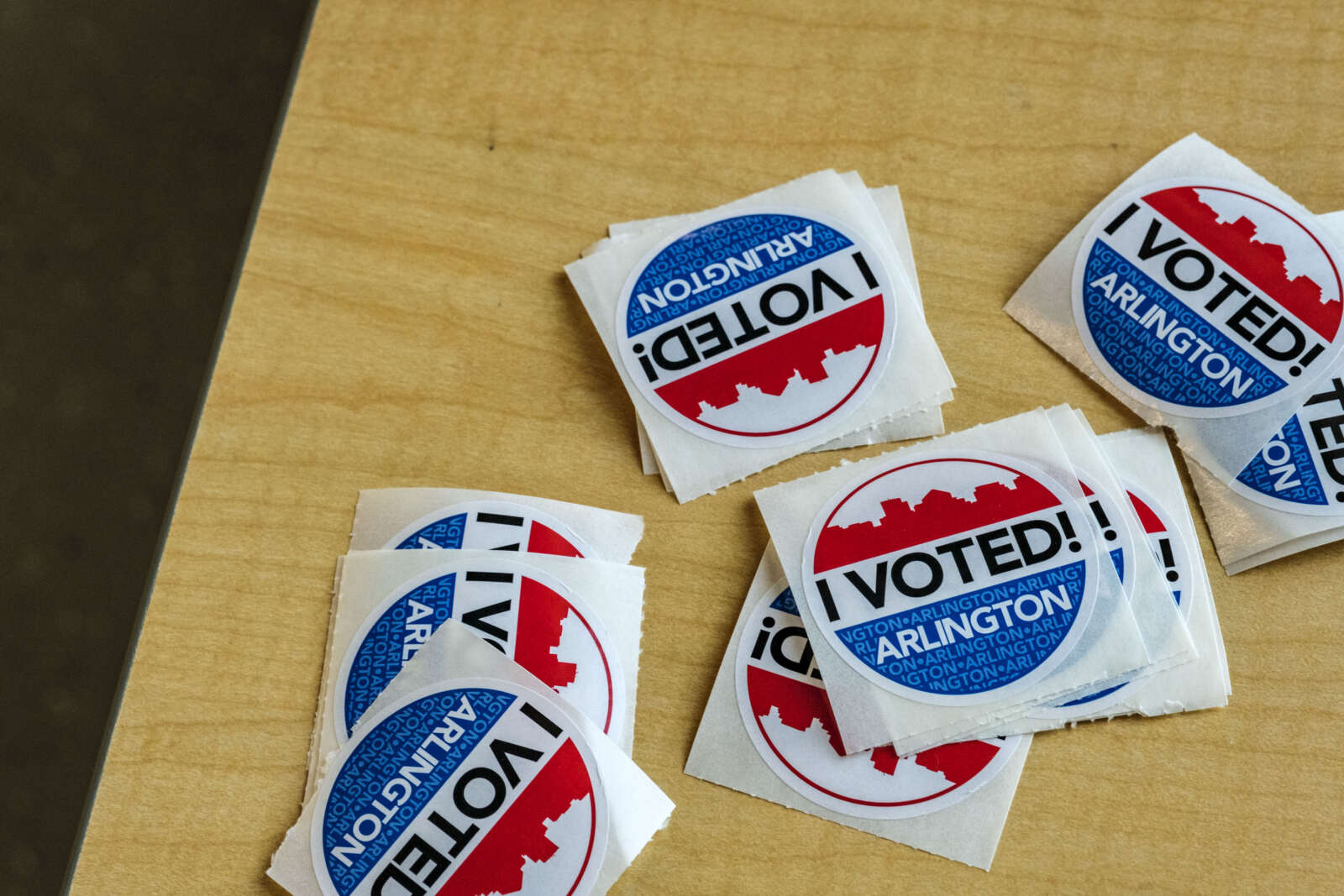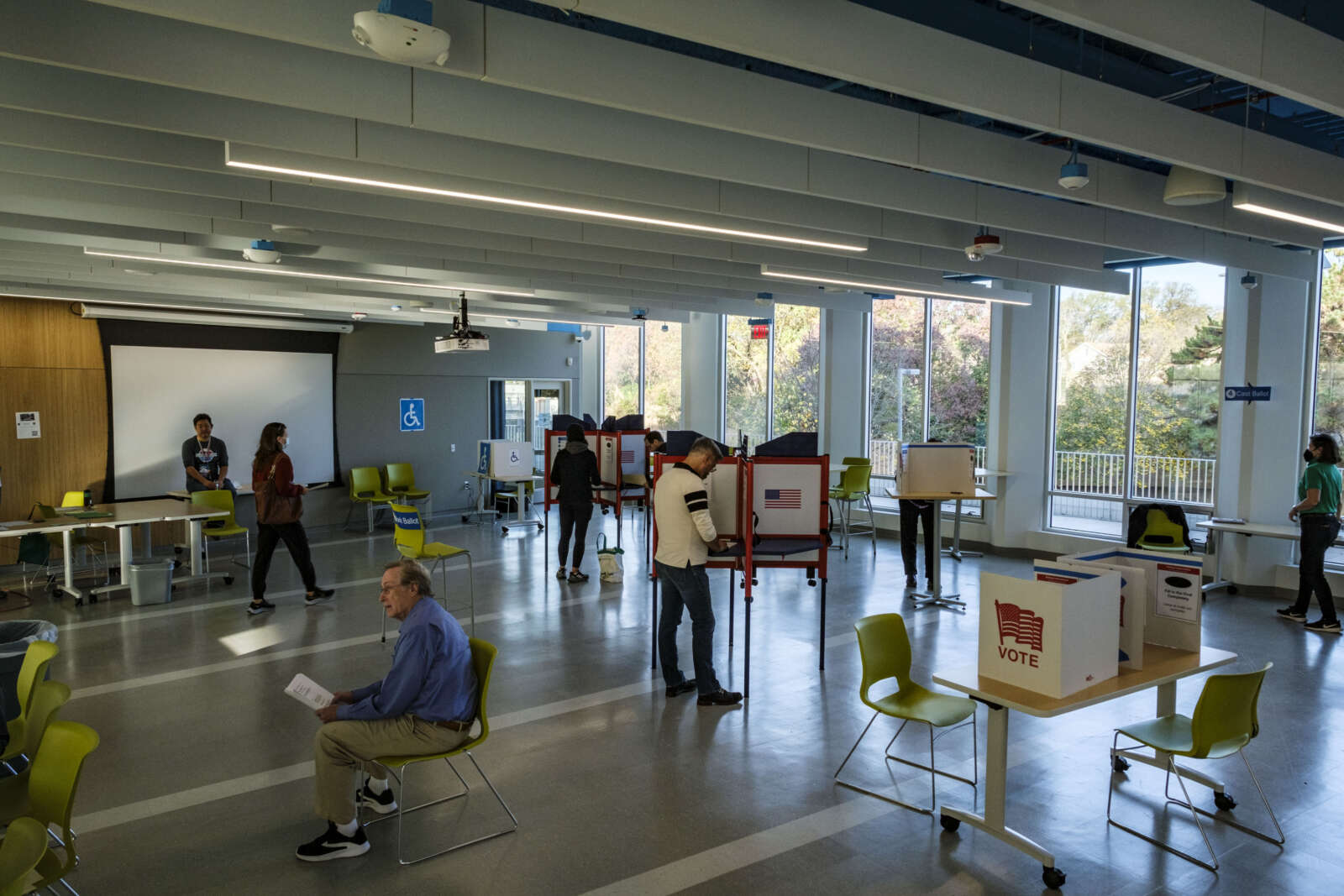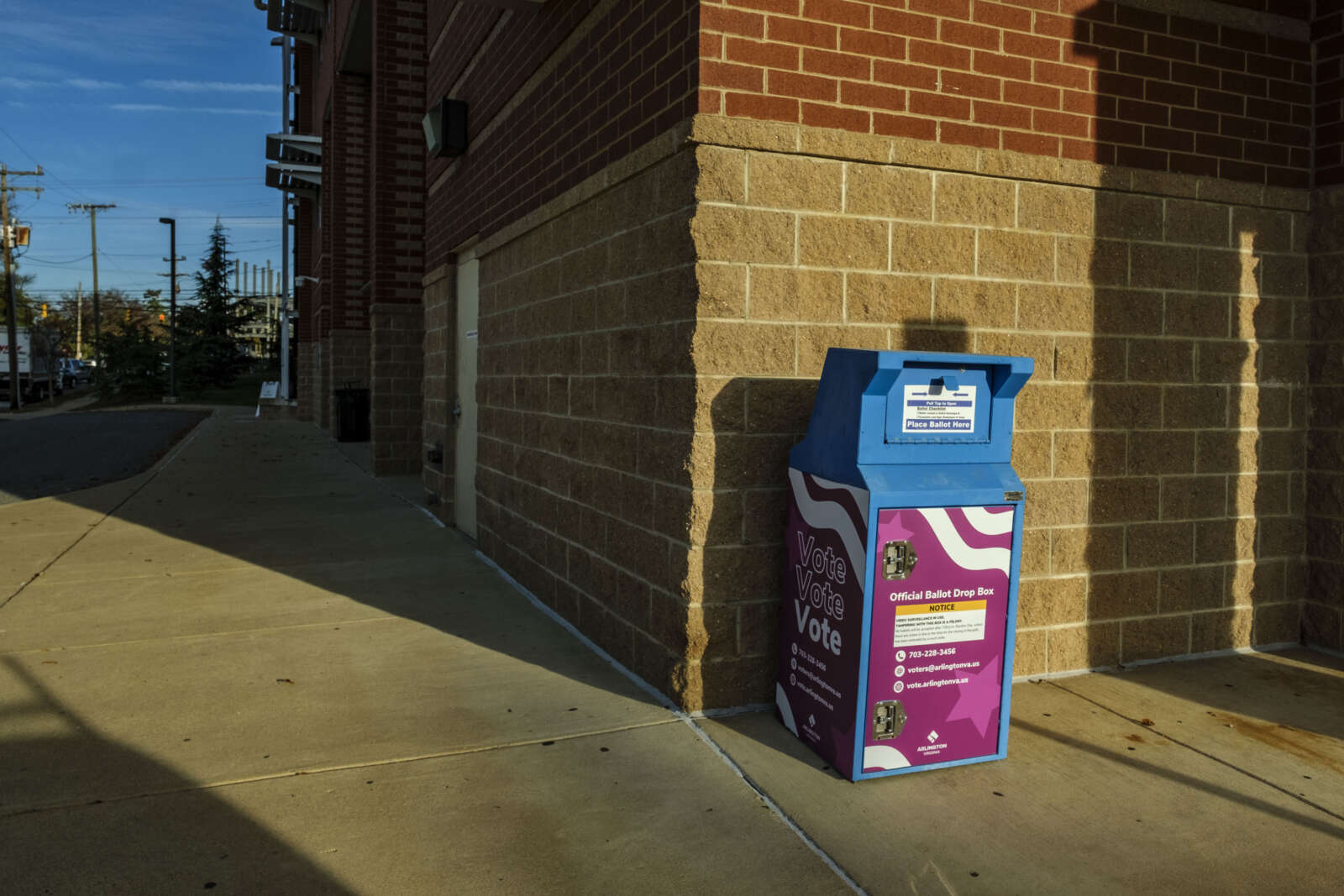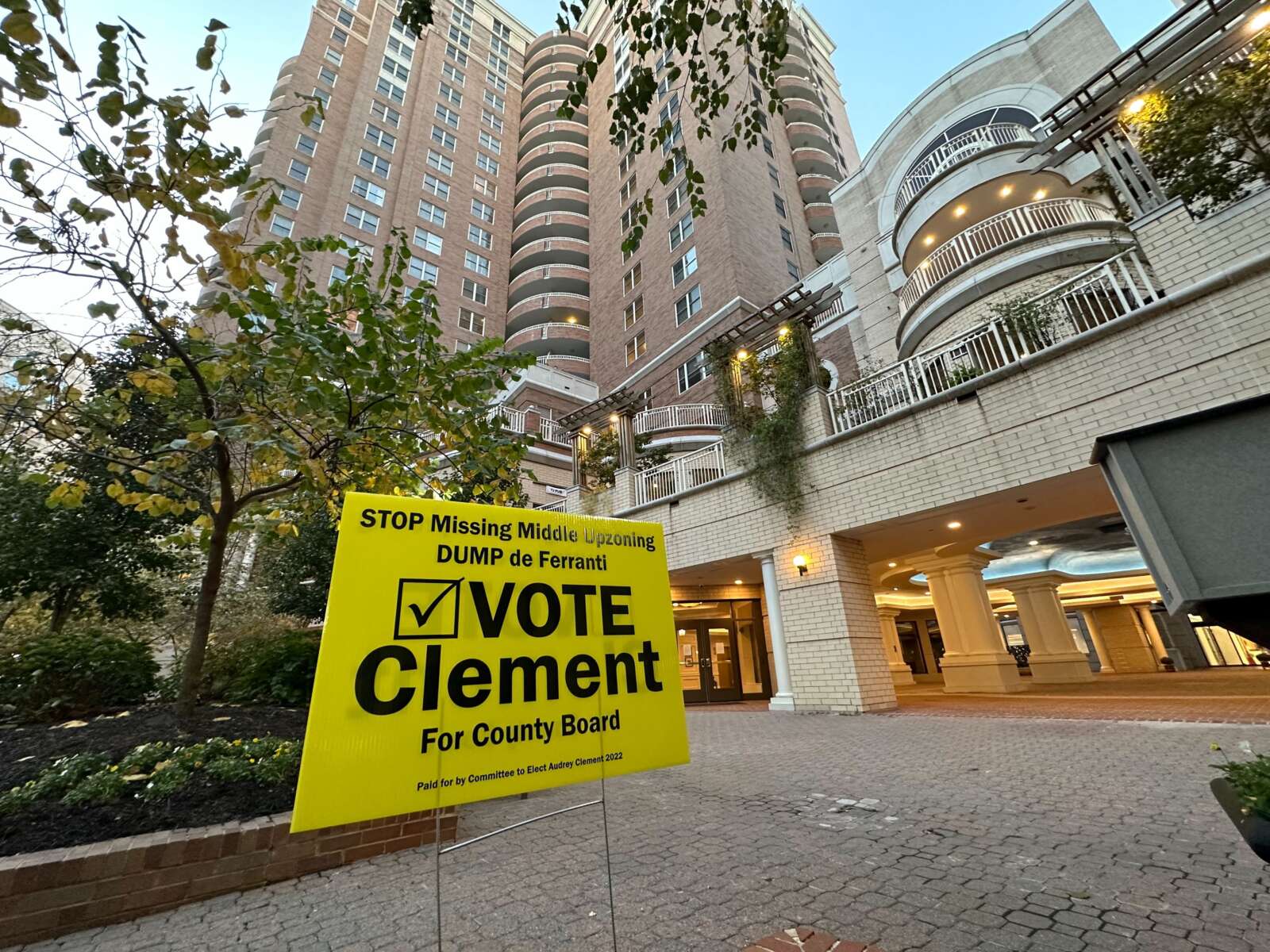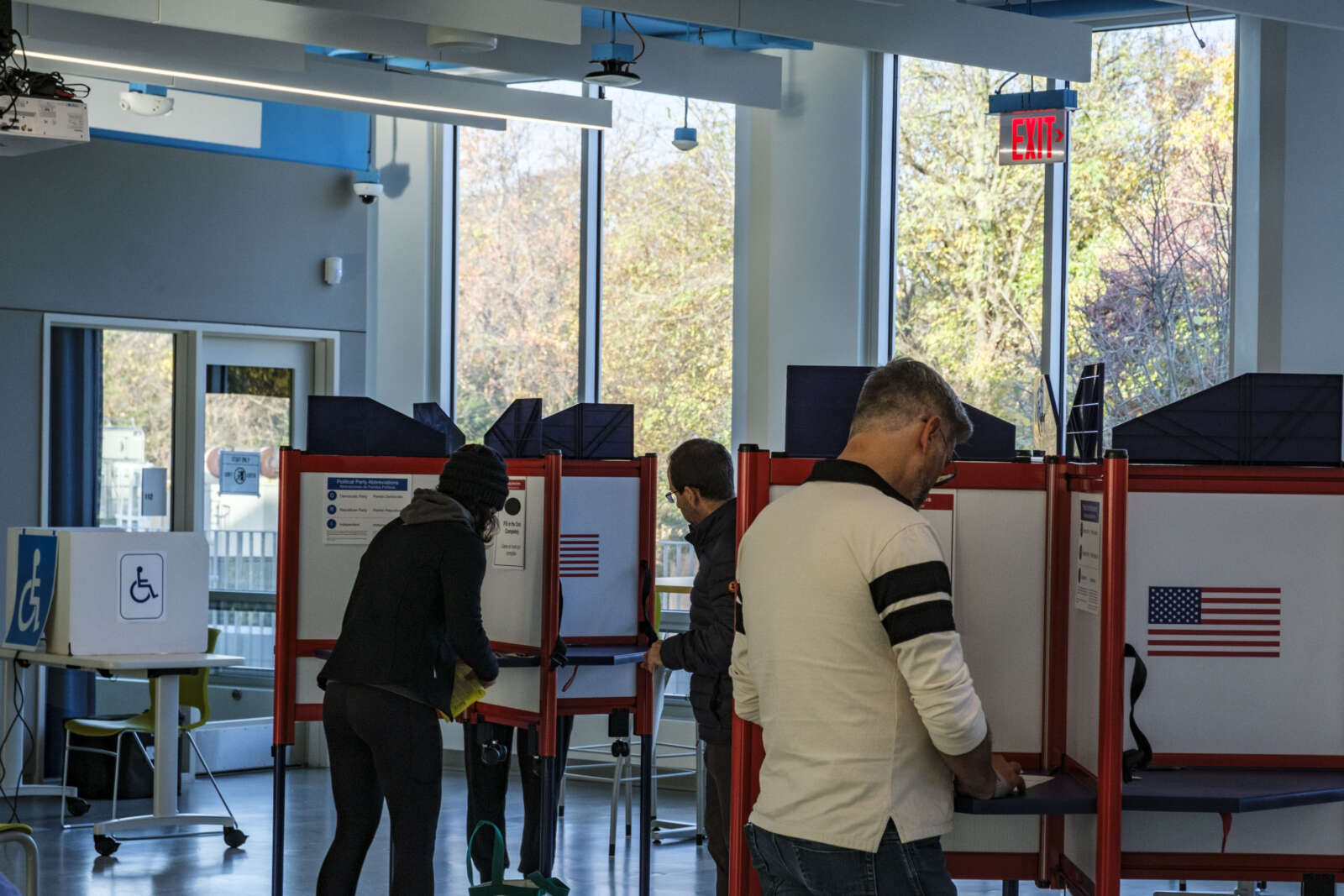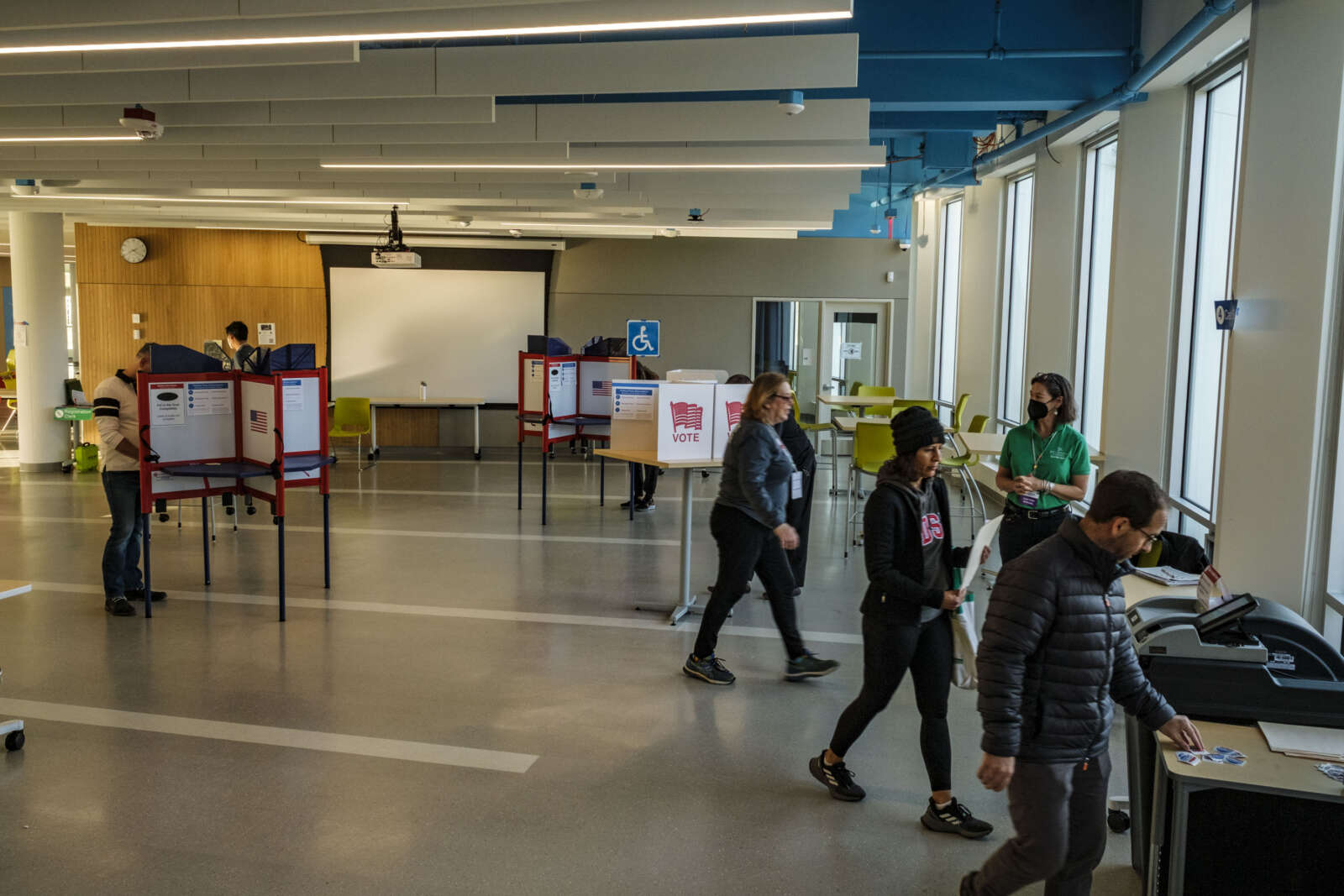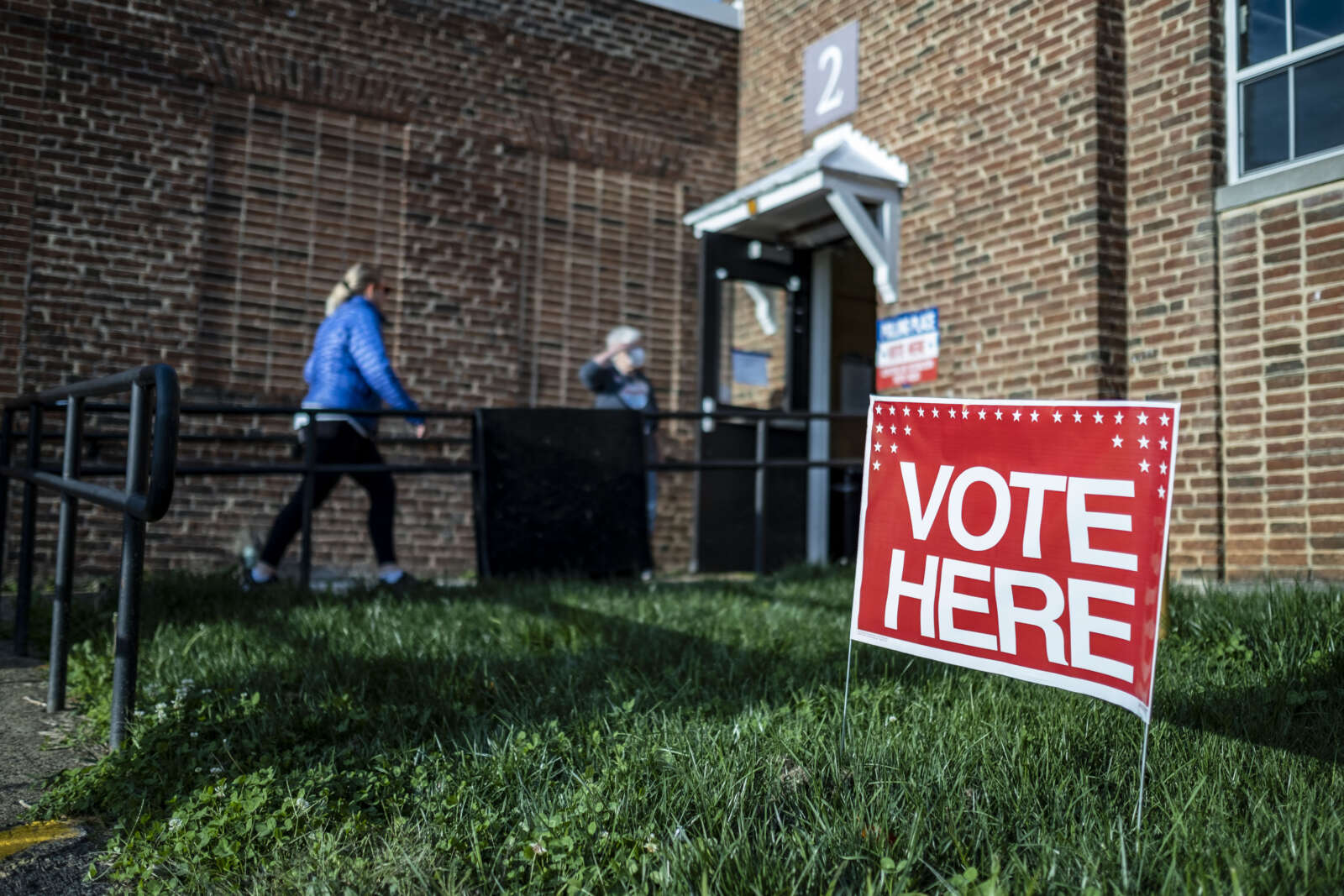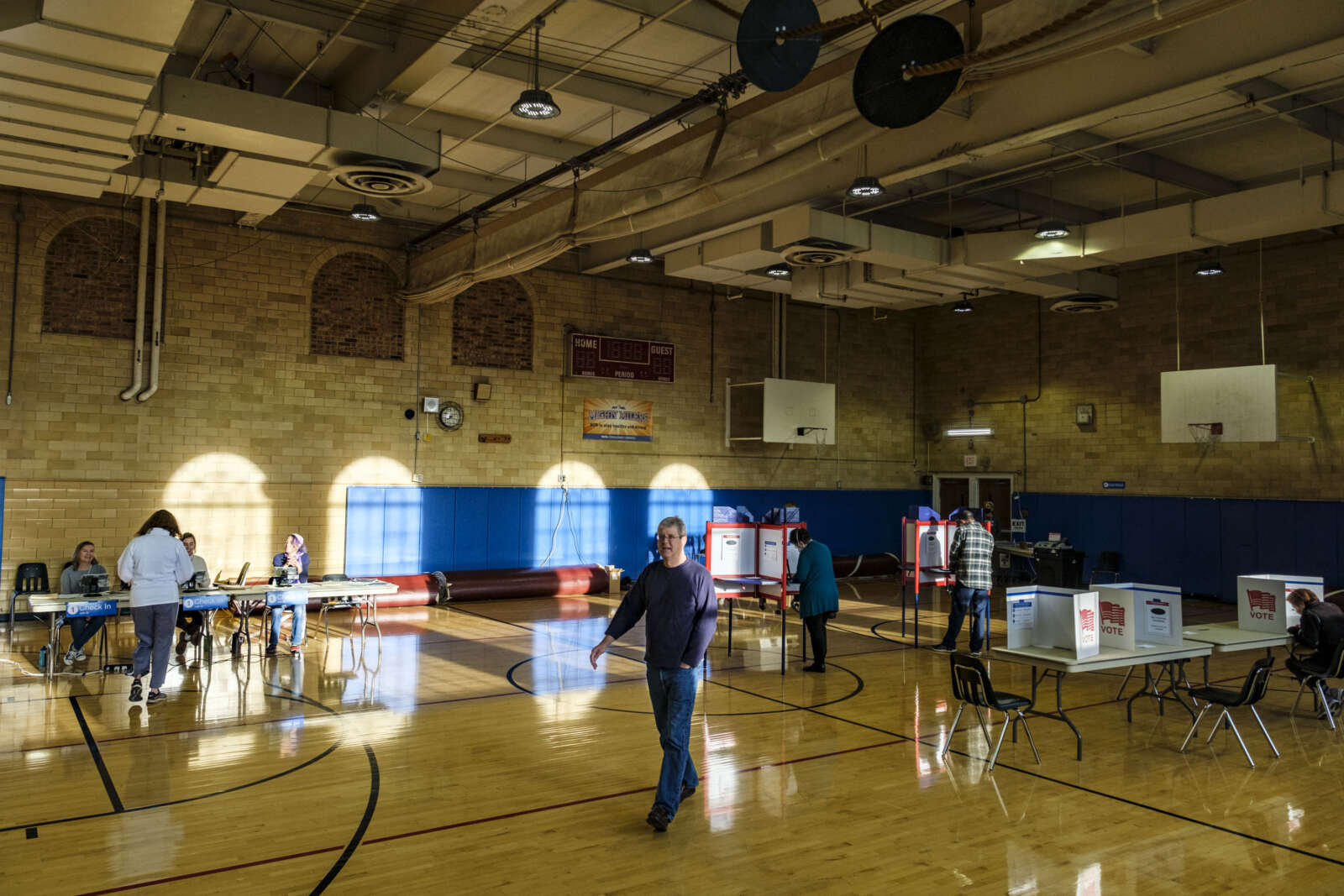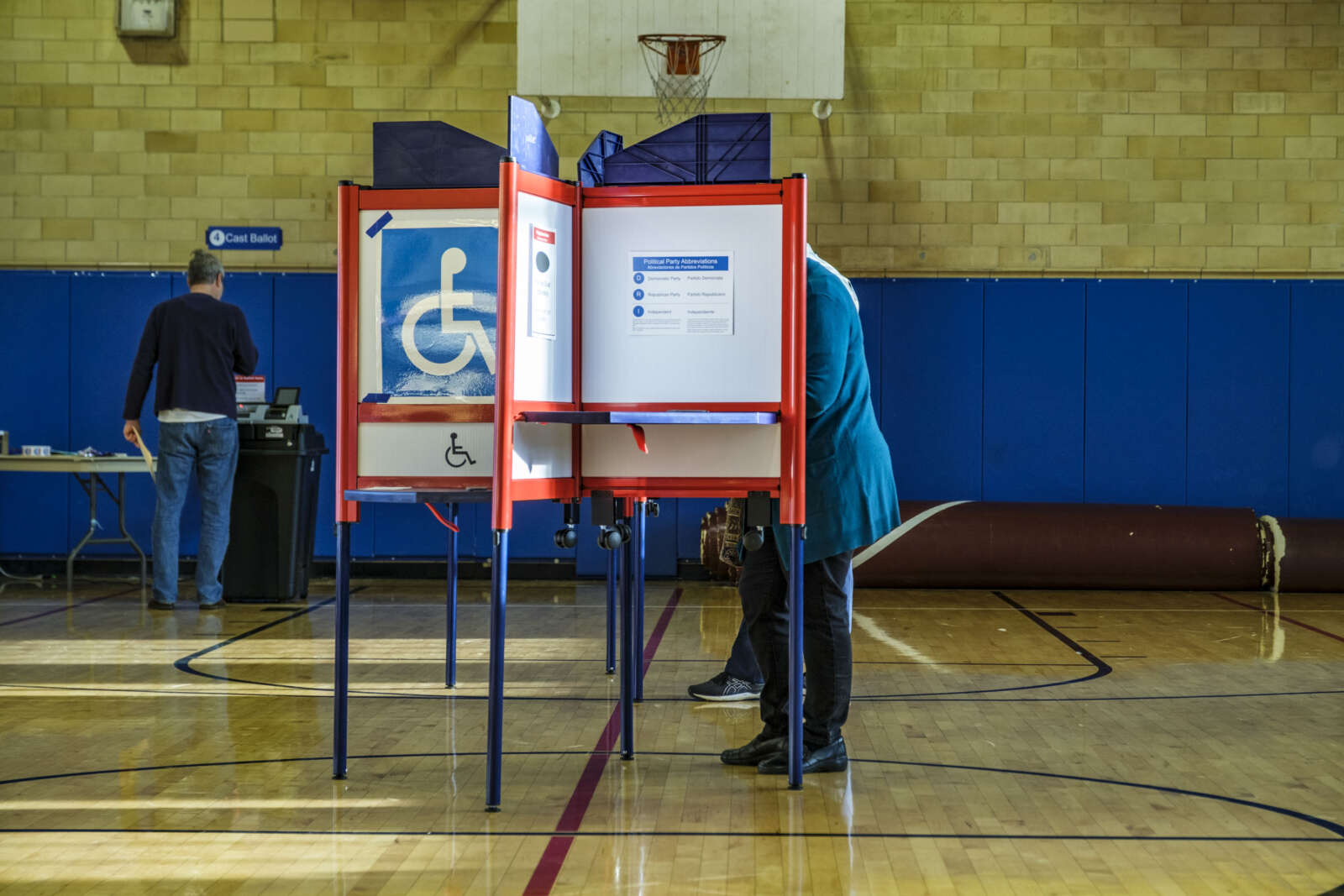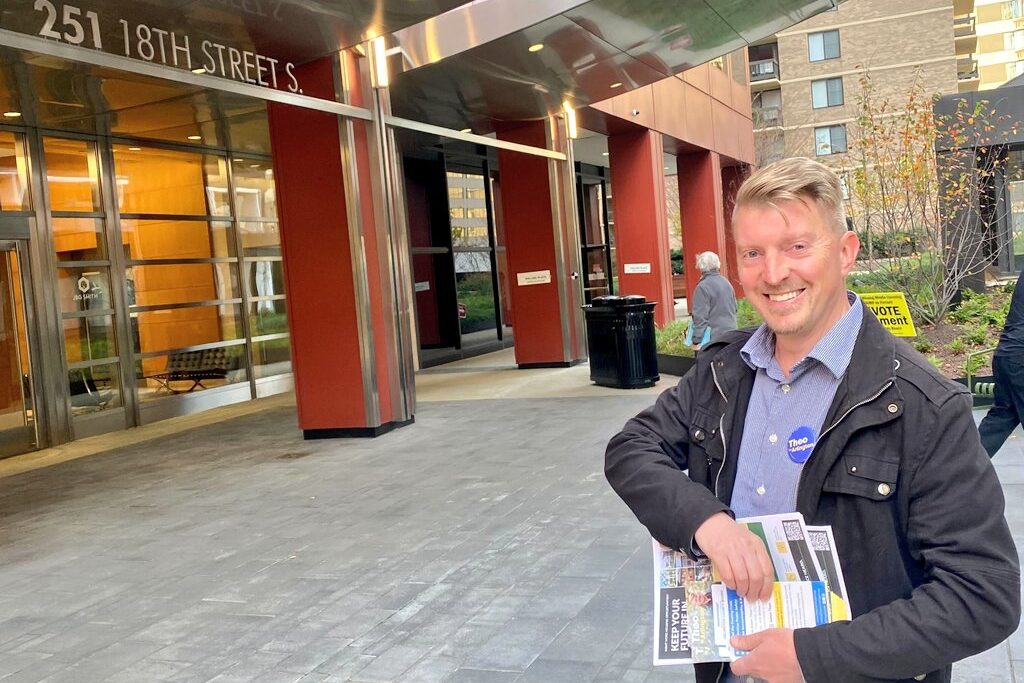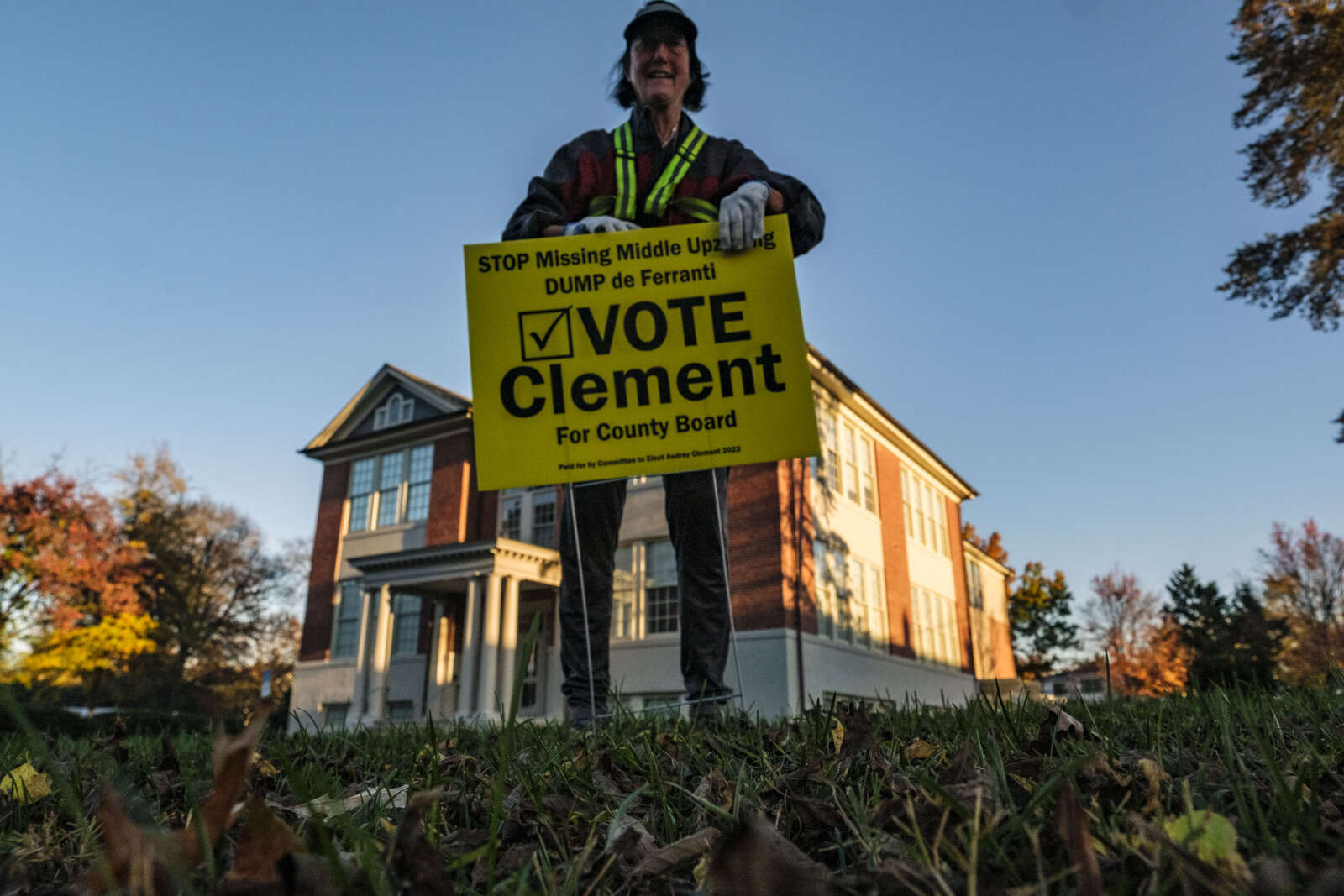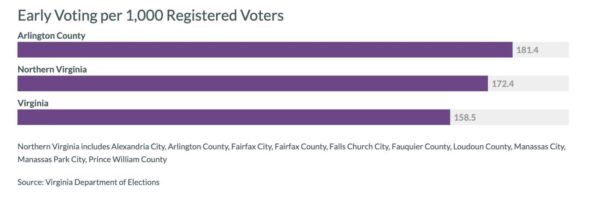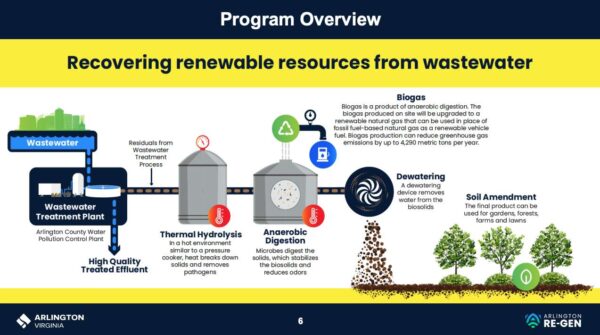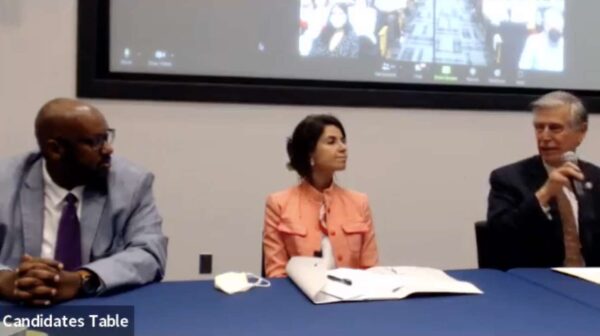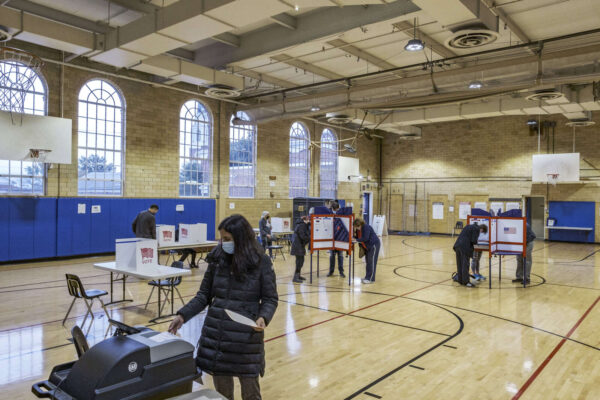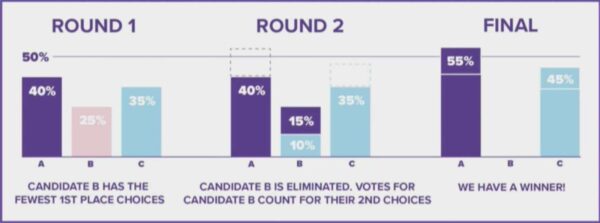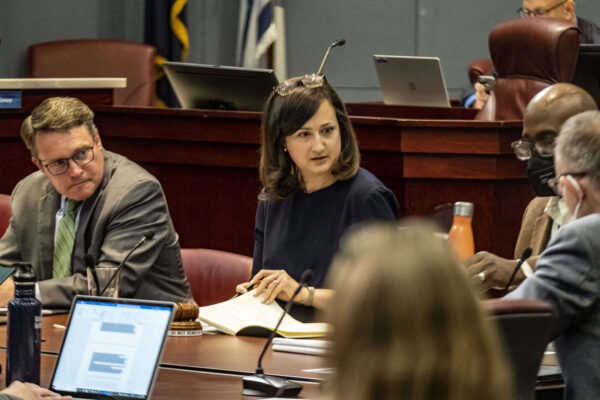
Arlington County Sheriff Beth Arthur says she will not be seeking reelection next year.
The first female sheriff in Arlington and in the state announced her decision in a statement released this morning. She has presided as Arlington County Sheriff for more than two decades.
“It has been a privilege and an honor to serve the citizens of Arlington County as their Sheriff but after 22+ years as Sheriff and 36 years with the Sheriff’s Office I think it’s time to hang up my spurs,” she said in a statement. “My focus has always been the employees in the Sheriff’s Office and the exceptional work they do each day, the safety and security of the jail/courthouse and ensuring those incarcerated are treated with dignity and respect.”
Arthur started in the Sheriff’s Office in January 1986 as the budget analyst under then-Sheriff James Gondles. In 1988, she was promoted to Director of Administration, overseeing human resources, budgeting, training and IT functions.
The Arlington Circuit Court appointed her Sheriff on July 7, 2000, and she was subsequently elected in a special election that November, per the press release. She was reelected in 2003, 2007, 2011, 2015 and 2019. During that time, she joined several organizations, such as the Virginia Sheriffs’ Association, where she became the first woman elected president and today serves on its Board of Directors and legislative committee.
Arthur thanked her staff of 298 for the “tireless work they do” to “prepare individuals to have tools and resources to return to their community to be productive members of society.”
She praised them for their Covid response, saying they “worked diligently to adapt policies and practices and they have done an outstanding job.”
Reflecting on her time in office, she expressed pride in how her deputies responded to 9/11. They served as first responders at the Pentagon, provided meals from the jail kitchen and screened delivery trucks.
“I am proud of our Arlington community as we rose to the challenge and embraced each other as one,” she said.
But, she said, her work is also about “those remanded into our care,” which included an average of 272 inmates a night between July 2021 and June 2022.
Her tenure saw upgrades to the inmate library, as well as the launch of the Community Readiness Unit — which provides transition services to inmates and follows them after their release — and work partnership programs, pet therapy and increased partnership with Offender Aid and Restoration, which works with incarcerated individuals in Arlington and the cities of Alexandria and Falls Church.
During this time, however, seven men died in as many years while in jail. It’s unclear what caused the uptick, but the Sheriff’s Office previously told ARLnow reasons range from a lack of medical care outside of the jail to drug withdrawal.
The death of Darryl Becton in 2020 in particular sparked increased scrutiny of the jail’s practices, from the Arlington County Board but mostly the Arlington branch of the NAACP, of which Arthur is also a member. After Becton died, the NAACP called for an independent investigation, and this year, after the death of another inmate, Paul Thompson, it escalated this refrain by calling for an investigation by the U.S. Dept. of Justice.
Meanwhile, Becton’s family filed a wrongful death suit this spring and the Virginia’s Jail Review Committee, part of the Board of Local and Regional Jails, conducted its own investigation.
It found evidence suggesting the jail had broken state regulations in Becton’s death, according to the Richmond Times-Dispatch. After the Sheriff’s Office outlined steps it took — hiring a quality assurance manager, making plans to buy a new medical tracking device, updating health check protocols and changing healthcare providers — the review board concluded that “no further measures are necessary” and closed its investigation.



